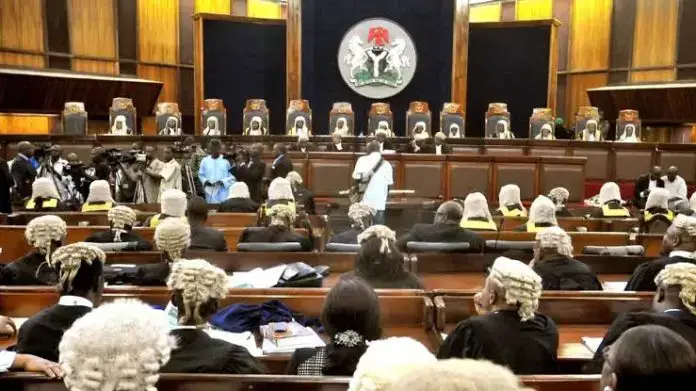
The Supreme Court has reserved judgement in a pivotal case brought by the Federal Government seeking full autonomy for Nigeria’s 774 Local Government Areas (LGAs). A seven-member panel, led by Justice Garba Lawal, adjourned the matter on Thursday after hearing arguments from both the Federal Government and the governors of the 36 states.
The Federal Government, represented by the Attorney-General of the Federation and Minister of Justice, Lateef Fagbemi, SAN, filed the suit to secure full autonomy for LGAs, arguing that local governments should function as an independent third tier of government. The FG is seeking a Supreme Court order to prohibit state governors from dissolving democratically elected local government leaders arbitrarily and to ensure direct funding to LGAs from the Federation Account, bypassing the current system of joint accounts controlled by state governors.
During the hearing, state governors, through their respective Attorneys-General, contested the FG’s position. They argued that the Attorney-General lacked the legal standing to bring the case and claimed procedural breaches, including a failure to serve them with necessary court documents. The states also contended that many already have democratically elected local government officials, rendering the FG’s suit redundant and an abuse of judicial process.
The Supreme Court panel, after considering the submissions, indicated that a decision would be communicated later. The case, marked SC/CV/343/2024, has significant implications for the governance structure in Nigeria.
In its suit, the Federal Government argues that direct LGA funding and autonomy are essential for reinforcing Nigeria’s federal structure as outlined in the 1999 Constitution. It contends that allowing state governors to control local government finances and leadership undermines democratic governance and local accountability.
The Supreme Court also dismissed attempts by speakers of some state Houses of Assembly to join the suit as interested parties, maintaining focus on the primary dispute between the FG and the states.








